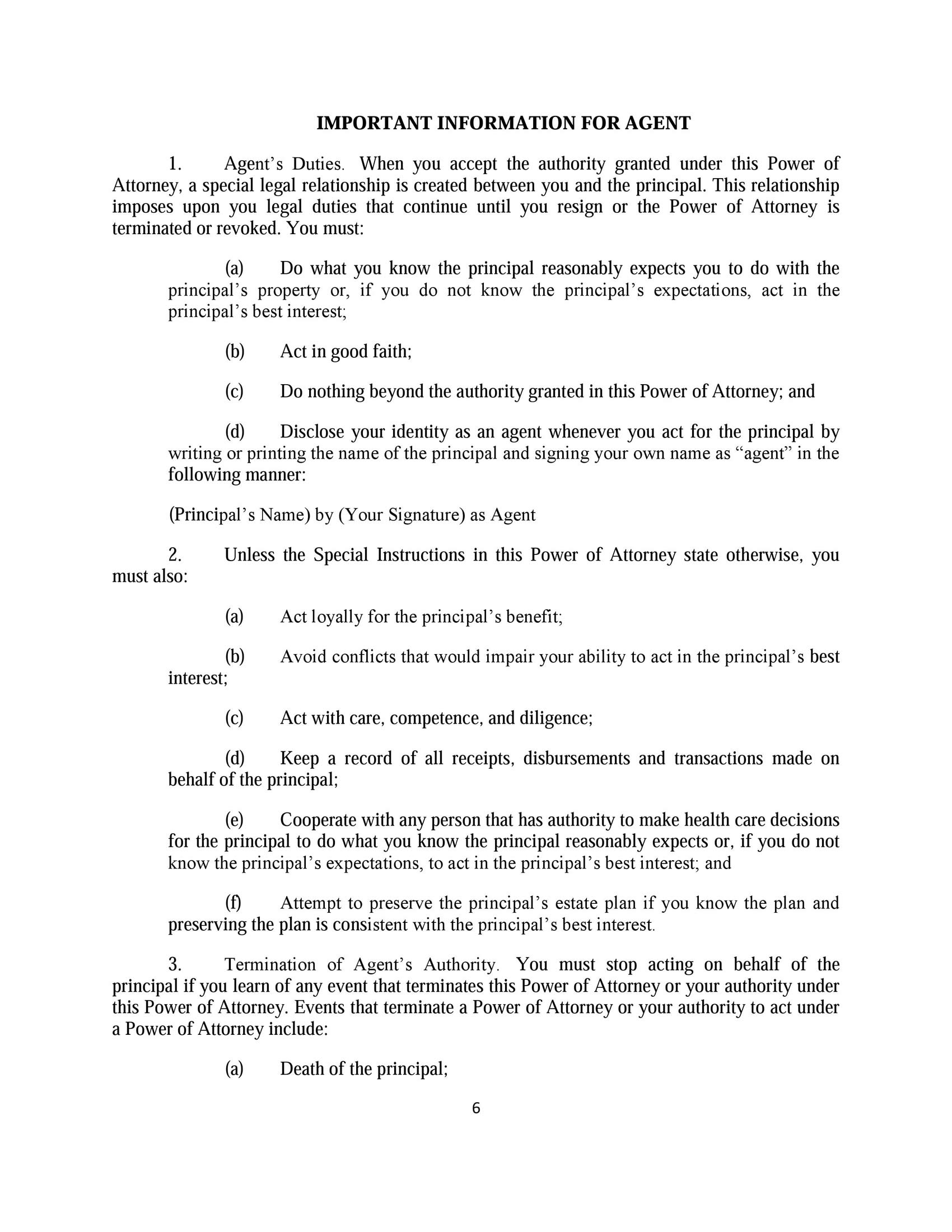Get This Report on Estate Planning Attorney
Get This Report on Estate Planning Attorney
Blog Article
All about Estate Planning Attorney
Table of ContentsExamine This Report about Estate Planning AttorneyThe Main Principles Of Estate Planning Attorney Indicators on Estate Planning Attorney You Need To KnowThe Best Guide To Estate Planning Attorney
Government estate tax obligation. The trust must be unalterable to avoid tax of the life insurance earnings, and it commonly called an irreversible life insurance coverage count on (or ILIT).After implementing a trust arrangement, the settlor needs to ensure that all assets are properly re-registered for the living trust fund. If possessions (particularly higher worth assets and actual estate) continue to be beyond a count on, then a probate proceeding might be needed to move the possession to the count on upon the fatality of the testator.
Recipient classifications are thought about distributions under the law of contracts and can not be altered by declarations or provisions outside of the agreement, such as a clause in a will. In the USA, without a recipient statement, the default stipulation in the agreement or custodian-agreement (for an individual retirement account) will use, which may be the estate of the proprietor resulting in greater tax obligations and added fees.
There is no commitment to preserve the contingent recipient designated by the Individual retirement account proprietor. Several accounts: A policy proprietor or retired life account owner can assign several beneficiaries.
What Does Estate Planning Attorney Do?
Since of the prospective problems associated with combined family members, step siblings, and numerous marriages, creating an estate strategy through mediation enables people to face the concerns head-on and style a plan that will certainly minimize the chance of future family dispute and meet their financial objectives., wills are controlled by the Wills Act 1959 (Estate Planning Attorney).
158) applies. The Wills Act 1959 and the Wills Statute applies to non-Muslims only. Area 2( 2) of the Wills Act 1959 states that the Act does not apply to wills of persons proclaiming the religion of Islam.
In Malaysia, a person home creating a will should adhere to the procedures mentioned in Area 5 of the Wills Act 1959 in order for the will to be legitimate and reliable. Under the Wills Act 1959, the youngest age to create a Will is when he/she is 18 years old, whereas for Sabah, it is 21 years old.
At the time of signing, he needs to not be under discomfort or unnecessary influence. In addition, when the Will is authorized by the testator, there must go to the very least two witnesses that are at the very least 18 years old, of sound mind and they are not aesthetically impaired. The role of the witnesses is just to attest that the testator signed his/her Will.
Not known Facts About Estate Planning Attorney
No will certainly shall be legitimate unless it remains in composing and carried out in the way given in section 5( 2) of the Wills Act 1959. Testator must go to the age of majority. The testator should be at the very least 18 years old as stipulated under the Age of Bulk Act 1971 in Peninsular Malaysia and Sarawak, whereas in Sabah, the age of bulk is 21 years of ages as Estate Planning Attorney stated under Section 4 of the Wills Regulation 1953.
The testator need to be of 'reason' ("testamentary ability") as given by Section 3 of the Wills Act 1959. If the testator is ill or of old age, it is recommended to get a letter from the doctor stating that the testator is of audio mind and not drunk of any medicine. Composing a new will: only the most up to date will would be recognised as the valid one by the courts Affirmation handwritten of an intent to revoke the will: the testator makes a written statement regarding their objective to revoke the will. The claimed statement has to be authorized by the testator in the presence of two witnesses.
Willful destruction: pursuant to Section 14 of the Wills Act of Malaysia a will can be scorched, broken or otherwise intentionally ruined by the testator or a third party in the presence of the testator and under their instructions, with the purpose to withdraw the will. If an individual passes away without a will, the Circulation Act 1958 (which was modified in 1997) applies.
A Biased View of Estate Planning Attorney

Report this page